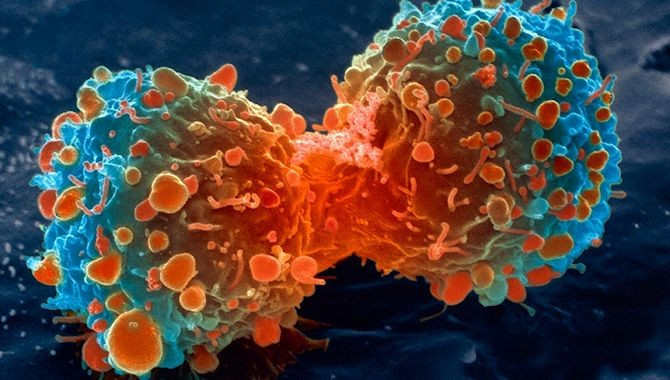Income Inequality Causing 19,000 Cancer Deaths in England Each Year

Economic inequality leads to more than 19,000 cancer deaths in England each year, according to a study.
In addition, 15,000 new cases of cancer are being reported each year in deprived areas.
The study, conducted by Cancer Research UK and the National Cancer Intelligence Network, found that 11,000 of the deaths were from lung cancer.
Most of the additional cancer cases and deaths were directly traceable to lifestyle in lower-income areas.
"The link to inequality is driven by the fact that smoking rates are generally higher in poorer areas," wrote Henry Scowcroft of Cancer Research UK in a blog post accompanying the report.
"The finding that other lifestyle-linked cancers like bowel and oesophageal cancers are bigger problems in poorer areas is also hardly a surprise, given the well-established link between poverty and obesity, which is driven by many factors, including lower levels of exercise and poor diets."
Those in poorer areas are also likely to be diagnosed later, or to take advantage of NHS screening programmes.
The study used data compiled between 1996 and 2011, with the datasets coming in four year intervals. It also divided England into five groups in descending order of deprivation.
"In general, differences in cancer incidence and mortality by deprivation have not improved over time," the authors wrote.
Instances of certain forms of cancer are higher in less deprived areas, including melanoma, breast cancer and prostate cancer.
However, deaths from breast cancer among females are still more common in poorer parts of England.
The report comes at a time when economic inequality is riding high in public consciousness.
French economist Thomas Piketty's book Capital in the Twenty First Century has articulated the trend between capital accumulation and income inequality, sparking a widespread public debate and racing to the top of the bestsellers' lists.
Another report from New York University found that in New York City, the percentage of households making more than $250,000 per year grew from 3% to 5%, while those making less than $40,000 grew from 35% to 40%, between 1990 and 2012.
Cancer Research UK has made a series of recommendations on the back of the research, including pushing through the standardisation of tobacco packaging, increasing taxation on tobacco products, further action on obesity and education around cancer.
© Copyright IBTimes 2025. All rights reserved.






















